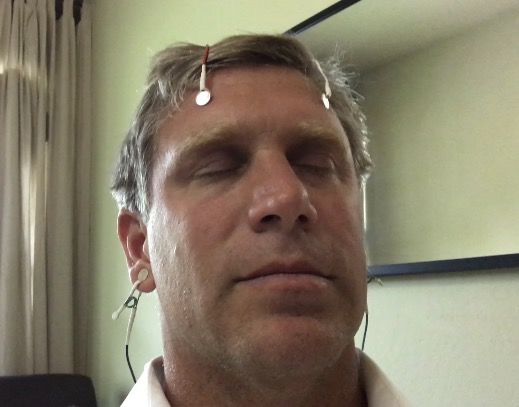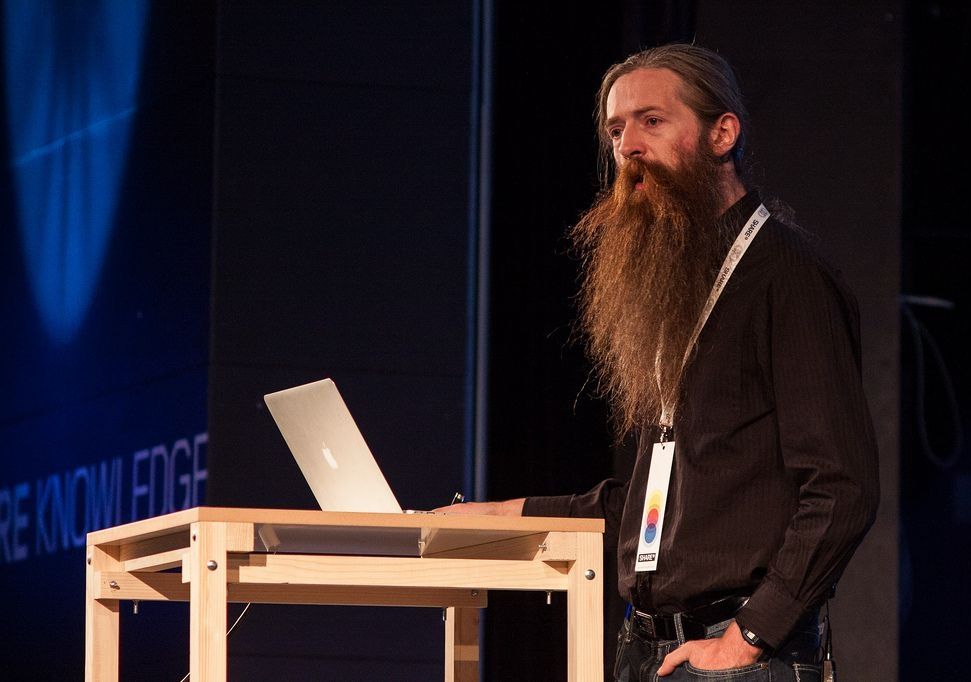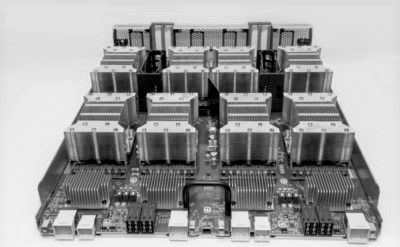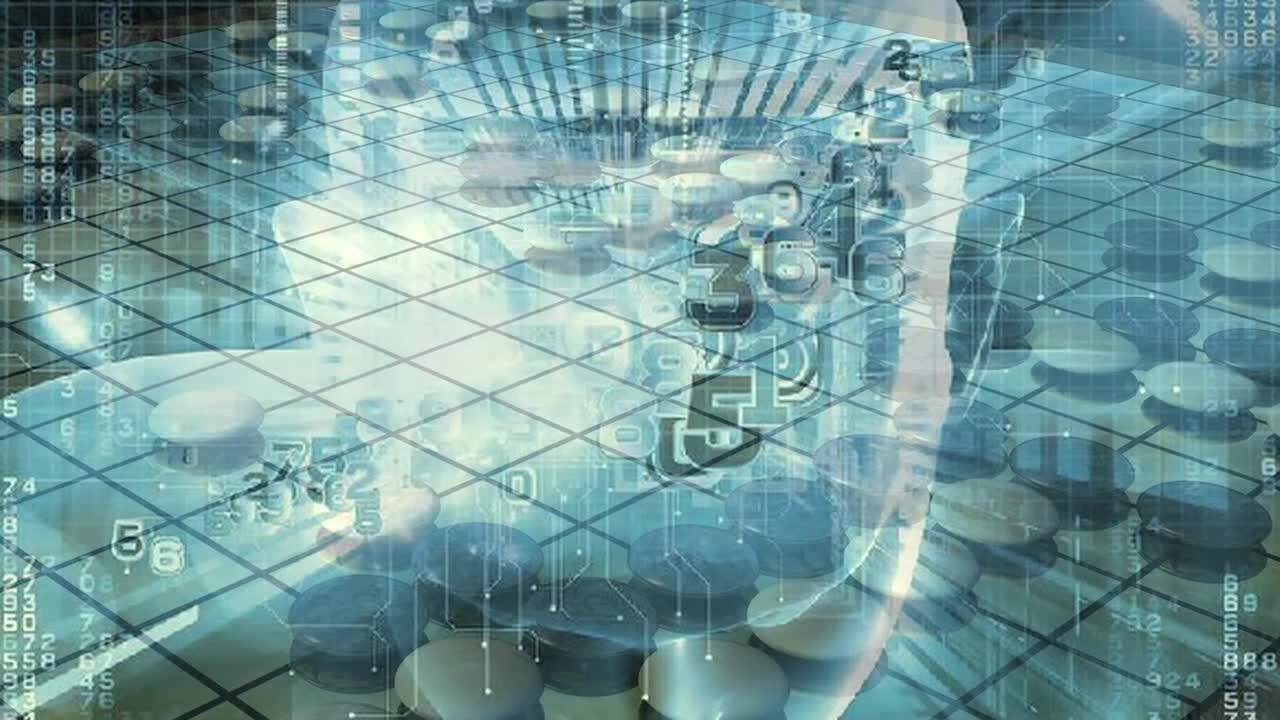Sep 19, 2017
Hurricane Irma’s impact on the BVI and what now needs to happen
Posted by Brett Gallie II in category: climatology
https://www.youtube.com/watch?v=KIjLcDufAlI&feature=share
Hurricane Irma has left behind a trail of unimaginable destruction and has caused the entire British Virgin Islands (BVI) infrastructure to collapse. People need help rebuilding their lives and there is an immediate and critical need for food, water and shelter.
Thanks to Producer Rob Sorrenti for the Hurricane Irma BVI appeal film with voiceover from Kate Winslet.


















